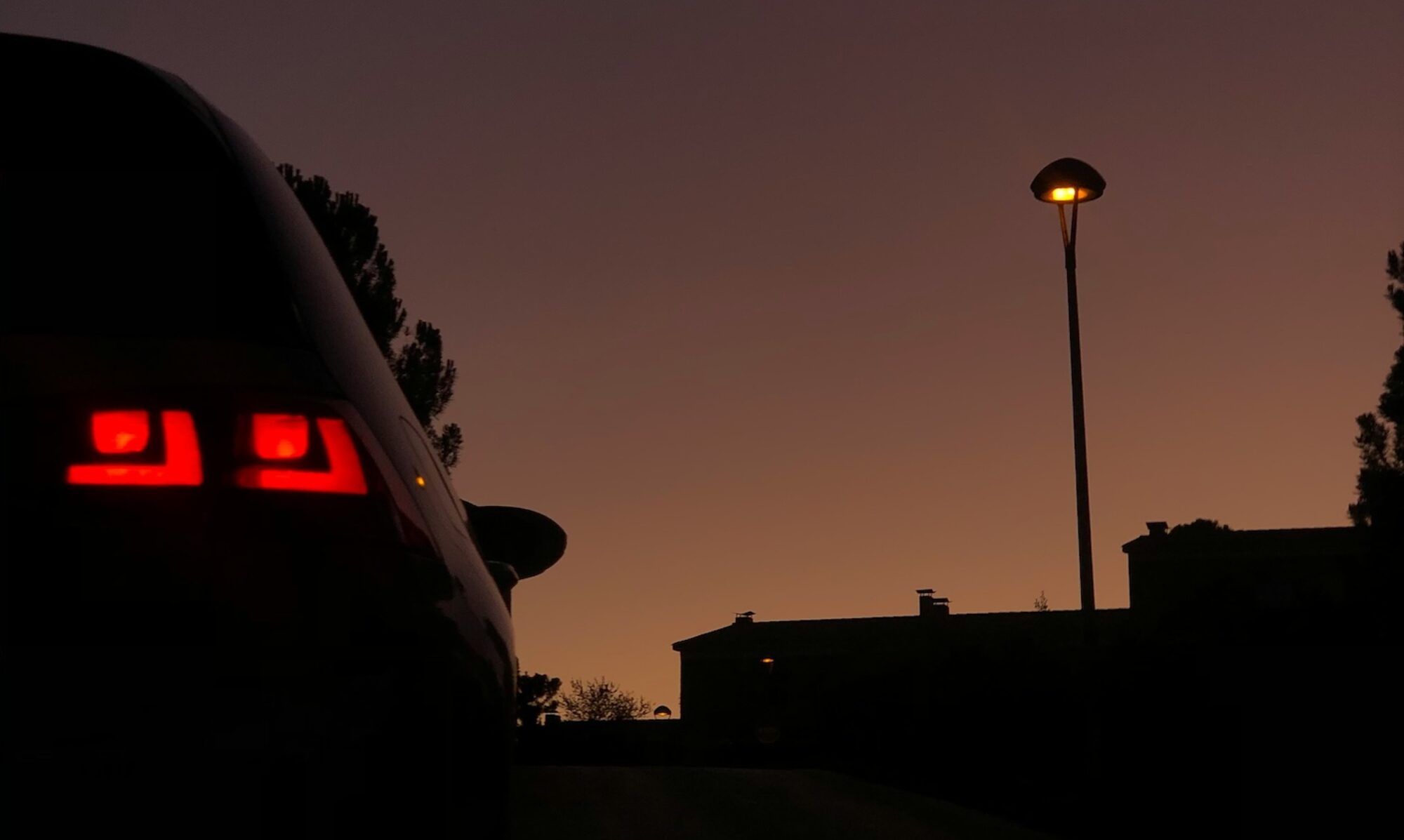 Several years ago I sat in the stands after traveling the four plus hours to a baseball tournament for one of my sons. During our fourth or fifth game of the extended weekend, I remember one parent wanting to vent with me; she was irate her son had to sit out that game. I got it. I understood. I also desired to listen well, wanting to encourage her, and do nothing to diminish her perceived plight. Her situation was hard for her.
Several years ago I sat in the stands after traveling the four plus hours to a baseball tournament for one of my sons. During our fourth or fifth game of the extended weekend, I remember one parent wanting to vent with me; she was irate her son had to sit out that game. I got it. I understood. I also desired to listen well, wanting to encourage her, and do nothing to diminish her perceived plight. Her situation was hard for her.
Note: up to that point — game four or five — my son had only played one inning… one inning of one game.
After traveling that far for that many days, I would have appreciated my son playing more. Granted, he’s a pitcher, and sometimes pitchers — especially in relief — play more sporadically, dependent on how a specific game evolves. His one inning was a good one — and that made me thankful. I haven’t always, however — and am still not always — good at being thankful for “one innings,” so-to-speak.
I will admit, no less, that I am consistently struck by the number of times so many of us (myself included) miss out on the beauty of those one innings because we’re so focused on some other aspect of our circumstances that’s frustrating or hurtful; we become so emboldened by the perceived plight within our circumstances — an irritation or inconvenience, a heartache or hurt, a passion or personal desire — that we become blinded to any plight of another; we’re actually unable to see what’s happening to another, because our own emotion and/or passion often blinds us. It’s thus also a seemingly subconscious way of making life, unfortunately, “all about me.” Sometimes, I believe, because we are so anxious or irate, we assume another’s plight couldn’t be harder.
As referenced in Tuesday’s post, I remember well the month my infant son was in the cardiac ICU ward. Those days were hard — sweet in some ways, but awful, actually, in others. My heart hurt, and while my faith never wavered, the reality was still scary and sobering. And yet, when I’d walk the halls, awash in my own concern, I remember moments when I’d notice the manifest fears in the faces of those who paced the same hallways… downcast… swollen eyes… persons who obviously hadn’t had a good night’s sleep in weeks, months, maybe years. Then I’d see the children… some facing overwhelming, mind-boggling, physical and emotional challenges. It’s totally gut-wrenching seeing a child in pain.
I learned then that it’s keenly vital to look at the faces of another. If we don’t, we will never fully consider their plight… we will never weigh the challenges of their reality… and we will then far too easily make life “all about me.”
Take a brief glance at the most current, current events — from the Baltimore unrest to the terror attack in Texas to the “Clinton cash” to “Deflategate,” etc. In each there are many who are only able to see their own perspective or plight. As I shared on the baseball diamond, I get it. I understand. My point is not to diminish that person’s plight; my point is that sometimes we are so focused on our own valid passions and challenges, that we can no longer see any belonging to another.
After an hour at the weekend baseball tournament, the other parent seemed to calm down significantly. She seemed a little less stressed that her son was not playing. I felt, too, I was able to listen well and steer her to find some positives in the situation. We focused on how well her son had played in the days prior — without marginalizing her current concern.
I also chose not to remind her of my son’s lack of playing time. It wasn’t necessary. I didn’t want to miss the beauty of one inning.
Respectfully…
AR
